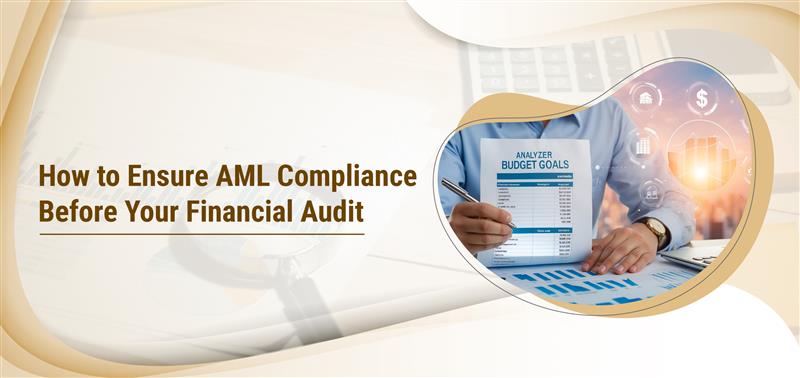The Organization for Economic Co-operation and Development ("OECD") developed the Common Reporting Standard (CRS) in response to a request from the G20 during the Global Forum held in Berlin and came into effect in October 2014. The Common Reporting Standard (CRS) went live in the UAE with an effective go-live date of 1 January 2017. The first reporting deadline for the CRS in the UAE was 30 June 2018. The UAE government has set a deadline of 30 June each year for reporting. The Ministry of Finance (MoF) announces the opening of the Annual Reporting cycle of CRS filing for the year 2020. UAE businesses can submit the Common Reporting Standard Report before 30 June 2021.
All financial institutions that include insurers, banks, and asset management businesses in participating jurisdictions/countries are required to be compliant with the CRS. UAE Reporting Financial Institutions (“UAE RFIs”) must report on recognized Reportable Accounts (or report that it does not have any such accounts via the provision of a nil return) via the CRS filing portal. Like FATCA, the CRS requires all financial institutions(Fls) residents in a participating jurisdiction to distinguish and report any reportable accounts (typically person tax resident in a CRS participating jurisdiction).
As the CRS seeks to establish the tax residency of customers. Under the CRS, financial institutions must identify customers who appear to be tax residents outside the jurisdiction/country where they hold their accounts and products, and submit certain information to our local tax authority. They may then share this information with the tax authority where you are a tax resident.
A UAE RFI (Reporting Financial Institution) means any FI that is not a Non-Reporting FI:
Under the CRS, UAE RFIs are needed to identify Financial Accounts that are held by an Account Holder that is a Reportable Person or by a Passive NFE with one or more Controlling Persons who are Reportable Persons and report certain financial account data on an annual basis to the Regulator or UAE MoF (for unregulated entities).
Regulatory Authorities:
- Central Bank in respect of an FI subject to its supervision under relevant laws and regulations
- Securities & Commodities Authority in respect of an FI subject to its supervision under applicable laws and guidelines of the Securities & Commodities Authority
- Financial Free Zone Authority designated by the relevant Financial Free Zone as a Regulatory Authority regarding an FI registered in such Financial Free Zone:
- Abu Dhabi Global Market (ADGM): Financial Services Regulatory Authority (FSRA).
- Dubai International Financial Centre: Registrar of Companies (RoC).
4. Ministry of Finance in respect of any FI not otherwise controlled by any of the aforementioned Regulatory Authorities.
What kinds of entities are Financial Institutions under CRS?
For the CRS, Financial Institutions(FIs) are widely defined as Abu Dhabi Global Market (ADGM): Financial Services Regulatory Authority (FSRA).
- Custodial Institutions.
- Depository Institutions.
- Investment Entities.
- Specified Insurance Companies
These include investment traders, banks, custodians, asset/wealth managers, funds, and life insurance organizations but are not limited to these types of entities
For the CRS, non-reporting FIs are broadly defined as:
- a Governmental Entity, Central Bank, or International Organization, other than for a payment that is obtained from an obligation held in connection with a commercial financial activity of a kind engaged in by a Specified Depository Institution, Insurance Company, or Custodial Institution.
- a Pension Fund of a Governmental Entity, Broad Participation Retirement Fund, a Narrow Participation Retirement Fund, an International Organization or Central Bank, or a Qualified Credit Card Issuer.
- any other Entity that presents a low risk of being utilized to evade tax, has substantially similar characteristics to any of the Entities described in a) and (b) above;
- an Exempt Collective Investment Vehicle
- a trust to the extent that the trustee is a Reporting FI who reports all required information
The above is subject to change. For a complete definition of Non-Reporting FIs, please refer to the relevant UAE CRS Regulations.
What are the obligations of a Reporting UAE RFI under Common Reporting Standard?
UAE RFIs are needed to comply with the UAE CRS Regulations. Broadly, UAE RFIs must:
- Register with their Regulator or UAE MoF for CRS purposes
- Perform due diligence on all financial accounts.
- Annually report all reportable accounts.
- Continuously monitor for changes in circumstances
- Annually report information to the Regulator or Ministry of Finance
Please note that this is not a full list, and you should refer to the UAE CRS Regulations for more information.
What entity types must report under the CRS?
Custodial Institution
Any Entity that holds a significant amount of its firm Financial Assets for the account of others is referred to as a "Custodial Institution."
Depository Institution
Any Entity that accepts deposits in the ordinary course of a banking or comparable business is referred to as a "Depository Institution."
Specified Insurance Company
Any Entity that is an insurance business that issues, or is obligated to make payments concerning, a Cash Value Insurance Contract or an Annuity Contract is referred to as a "Specified Insurance Company."
Investment Entity
"Investment Entity" means any Entity that:
- primarily conducts a business including investing, managing, reinvesting, or trading in Financial Assets on behalf of a customer; or
- if the Entity is handled by the RFI mentioned in (a) above.
For the CRS Regulations, the following may be classed as Investment Entities:
- Dealing in Investments as Principal
- Dealing in Investments as Agent
- Managing Assets
- Managing a Collective Investment Fund
- Managing a Profit Sharing Investment Account
- Providing Fund Administration
- Operating a Crowdfunding Platform
- Operating an Employee Money Purchase Scheme
- Providing Trust Services
- Acting as Trustee of a Fund
PRO Service




